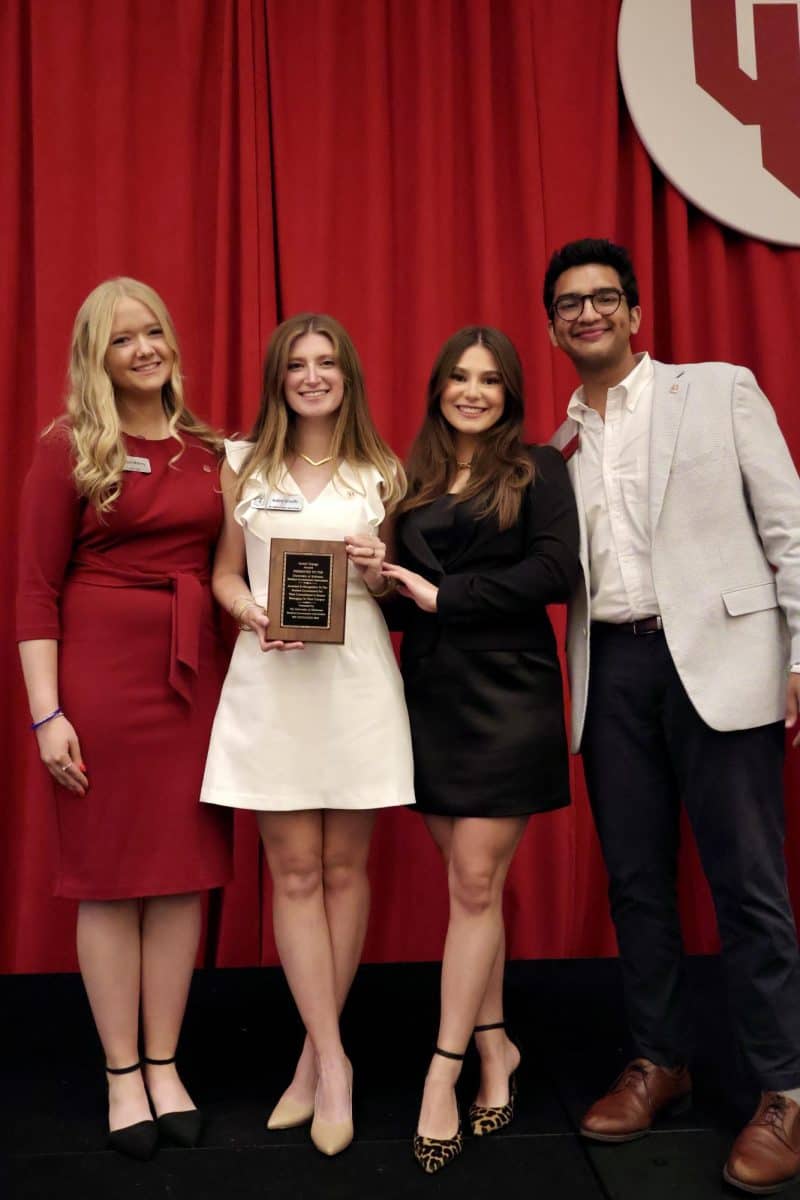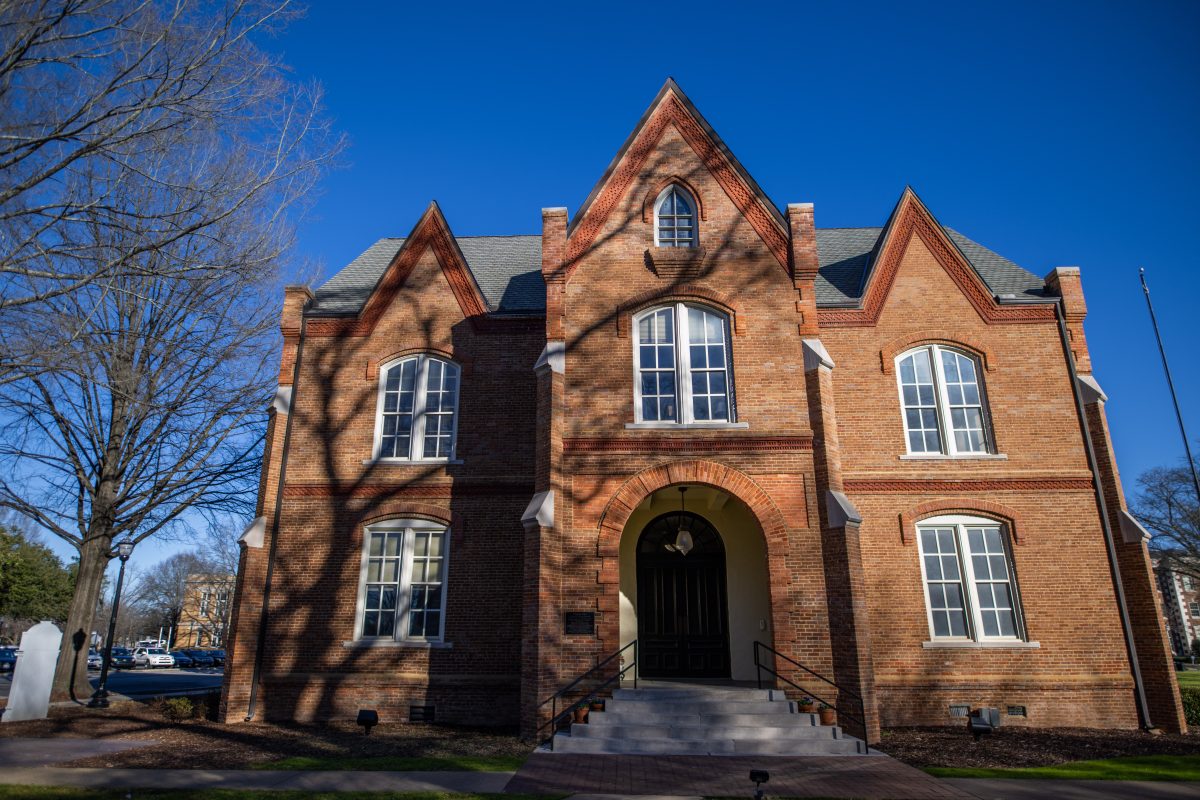The Faculty Senate met to discuss and vote on an official statement regarding controversy surrounding the municipal elections and the continued segregation of The University of Alabama’s greek system Tuesday afternoon. More than 200 people attended the meeting that had to be moved from the normal meeting room in the AIME building to a larger lecture auditorium in Farrah Hall.
After opening the meeting and addressing the formalities of the senate meeting, President of the Faculty Senate Steve Miller recognized that several of the school’s departments have approved and adopted resolutions calling for the University to investigate student involvement in the municipal elections as well as address the segregation of the greek system.
Miller then suggested the meeting progress in three parts, the first being an opportunity for senators to vocally express their grievances and concerns over events of the past couple weeks, which he dubbed the “I’m mad as hell, and I won’t take it anymore” section.
All the senators who stood to speak expressed frustration primarily with the University’s administration over its response to the allegations of voting fraud by students in addition to recent allegations of racial discrimination in sorority recruitment, which included allegations implicating UA employees.
While some senators expressed a wish to discuss and address the two issues separately, others said the issues were undeniably connected.
Jennifer Shoaff, an arts and sciences senator and a professor of gender and race studies, said the two issues were part of a larger issue concerning the culture of the greek community’s control over the campus.
“What I’d like to focus on is that these are not single-issue events,” Shoaff said. “While the voter election fraud allegations are the most egregious recent events – then of course the segregation – it is my memory that in this particular body, we have attempted to discuss, not very successfully, the ways in which the greek system, specifically, has actively – not solely through their institutions – but actively created an environment that is discriminatory, exclusionary through use of racial epithets, use of campus property to obstruct the safety and security of students of color, as well as LGBTQ students.”
Meredith Bagley, a senator and professor from the College of Communication and Information Sciences, spoke of her own disappointment in the failure of the administration to act to prevent these issues from ever occurring.
“What makes me mad is the administration and the lack of proactive, moral and ethical leadership,” Bagley said. “It’s not enough to make statements after the fact, no matter how well-worded or intended.”
Sierra Turner, a senator and professor of modern languages and classics, said the decision by the president to have the sororities continue to issue bids this week was not a satisfactory response as a long-term solution to this problem.
“While the policies that have come out this morning are a great step that take us toward the right direction, in many cases they might be considered to be rather token gestures, and they don’t even speak to the injustices in the infrastructure of this university,” Turner said.
After the senators had spoken, Miller allowed for non-senate faculty members to speak. Jason DeCaro, a professor of anthropology, said the faculty body should take the lead in the movement to change the culture of the University rather than solely relying on students.
“The students are going to be here in most cases, maybe four years; they’re not long-termers,” DeCaro said to the senate. “Only the faculty have the ability to carry reforms through over years, and it is going to take years to address some of these problems. So the leadership has to start here.”
After Miller ended the first section of discussion, he asked senators to give their suggestions for what actions the faculty senate could take as a body to address the issues of discrimination as well as the corruption in campus politics.
Many senators called for the faculty to organize and sustain a public dialogue of the issues through forums and other methods, and others called for greater pressure to be put on the administration to exercise greater control over the greek system.
The senate agreed unanimously to table a proposed statement that would call for the administration to publicly issue a “call to action” to address the issues as well as revise and strengthen the Code of Student Conduct and investigate and respond to any rule violations.
The statement also called for the administration to make changes in SGA election policies as well as form a task force to address “systemic” issues in the greek system and other student organizations.
Many of the senators felt the language should be revised to be more firm in the expectations of the senate.
Miller said the senate steering committee would revise the statement this week to “beef it up and give it more teeth.”
Some senators expressed concern about delaying the adoption of the statement, but Miller agreed to call another meeting of the senate next week.






